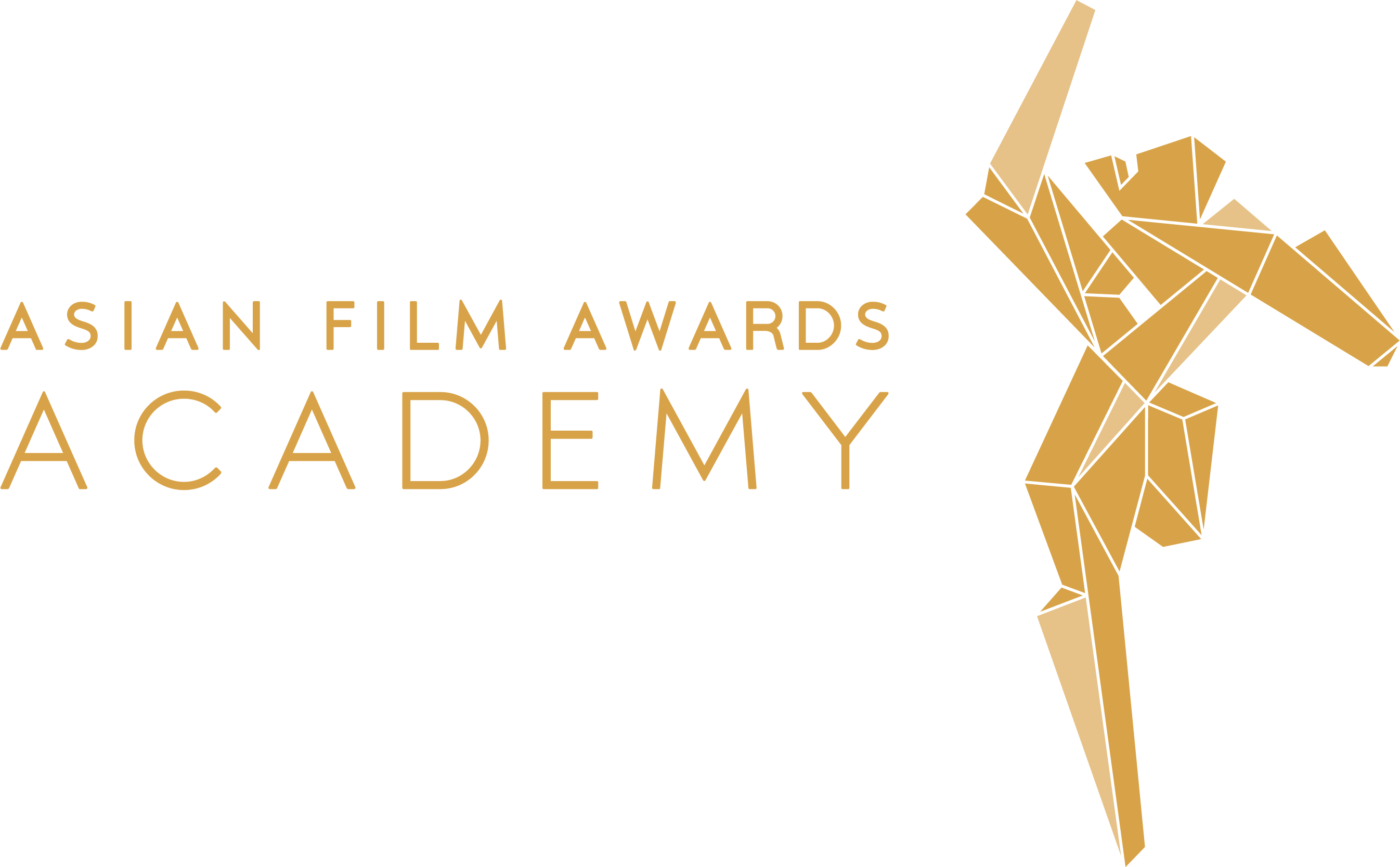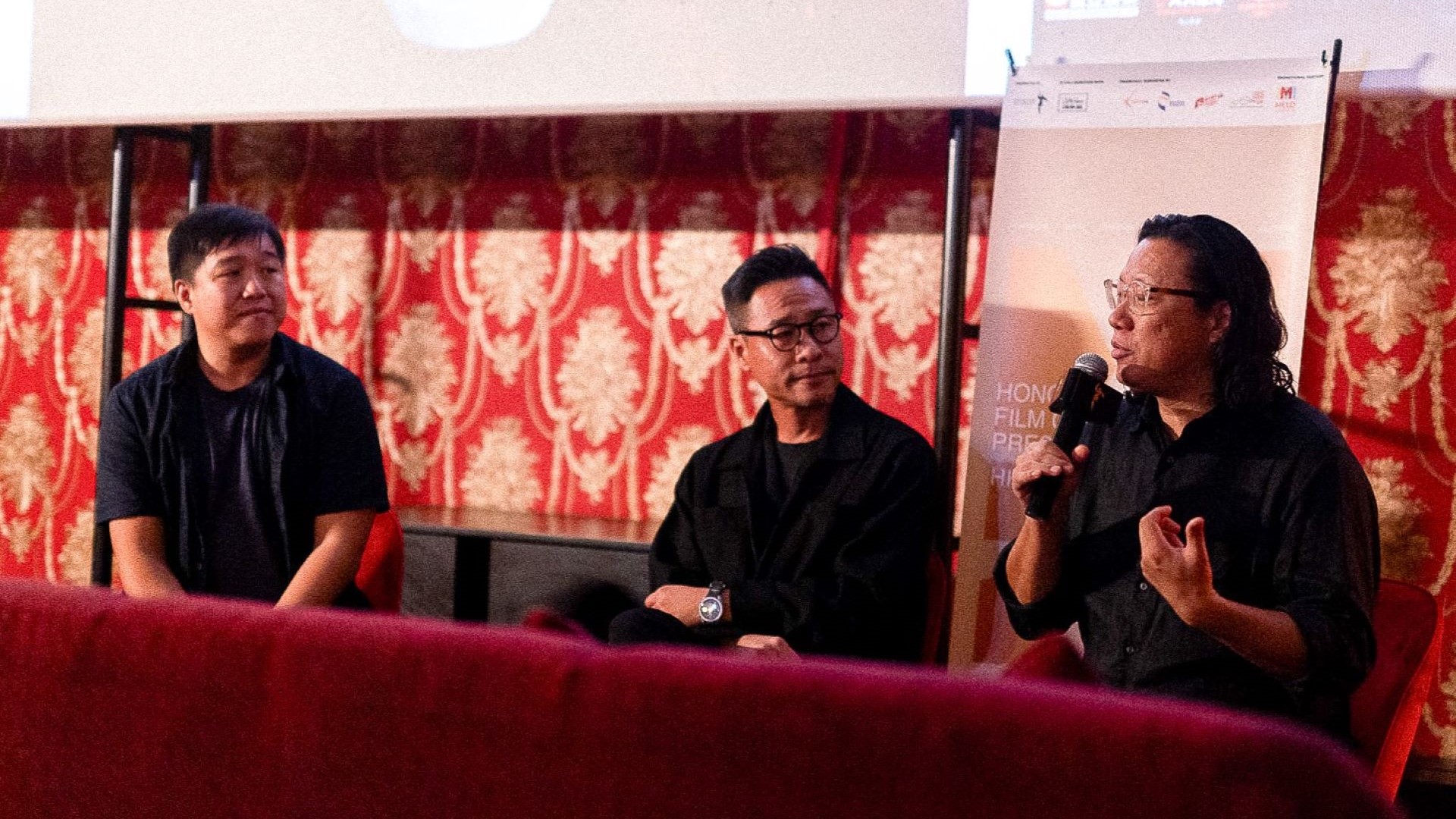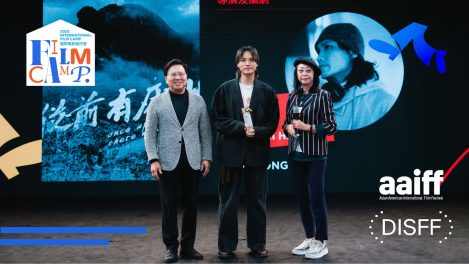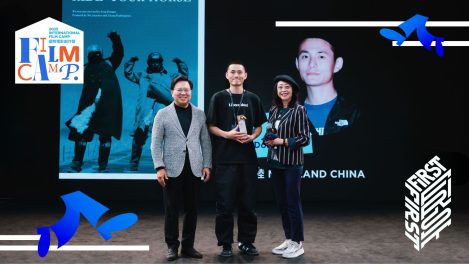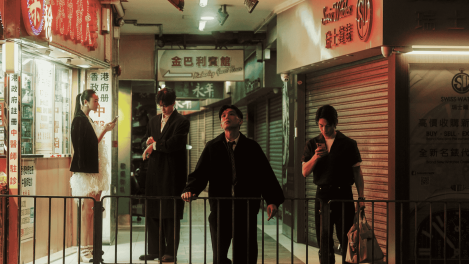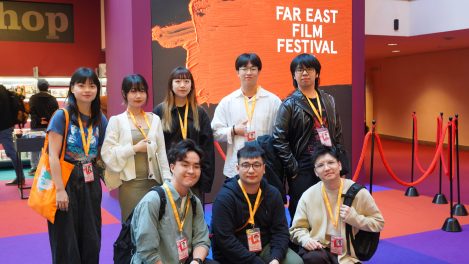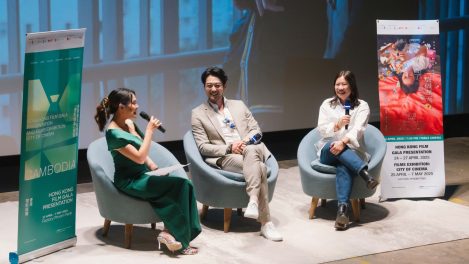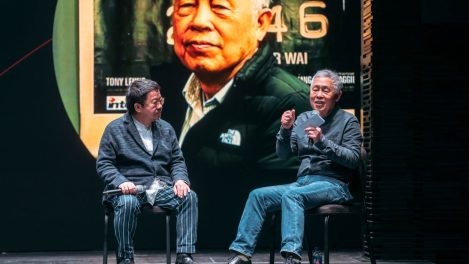Hong Kong Filmmakers Engage Middle Eastern Students and Fans in the Rich Tapestry of Hong Kong Cinema
Hong Kong filmmakers delve into the evolution of Hong Kong cinema with fans in Dubai and share their creative journeys with aspiring filmmakers at the American University of Sharjah.The Hong Kong Film Gala Presentation was held in Dubai from 2 to 8 November, featuring screenings of eight Hong Kong films. Among the post-screening Q&A sessions and interviews with media, director Jonathan Li of “Dust to Dust”, director Delon Siu of “True Love, For Once in Life”, actress Gladys Li of “Once in a Blue Moon”, and film critic Kevin Ma participated in a panel discussion exploring the evolution of Hong Kong’s film industry at Cinema Akil. They also visited the American University of Sharjah, engaging with aspiring students who are working on their own short films. Sharing personal stories, the filmmakers provided students with valuable inspiration for their creative journey.
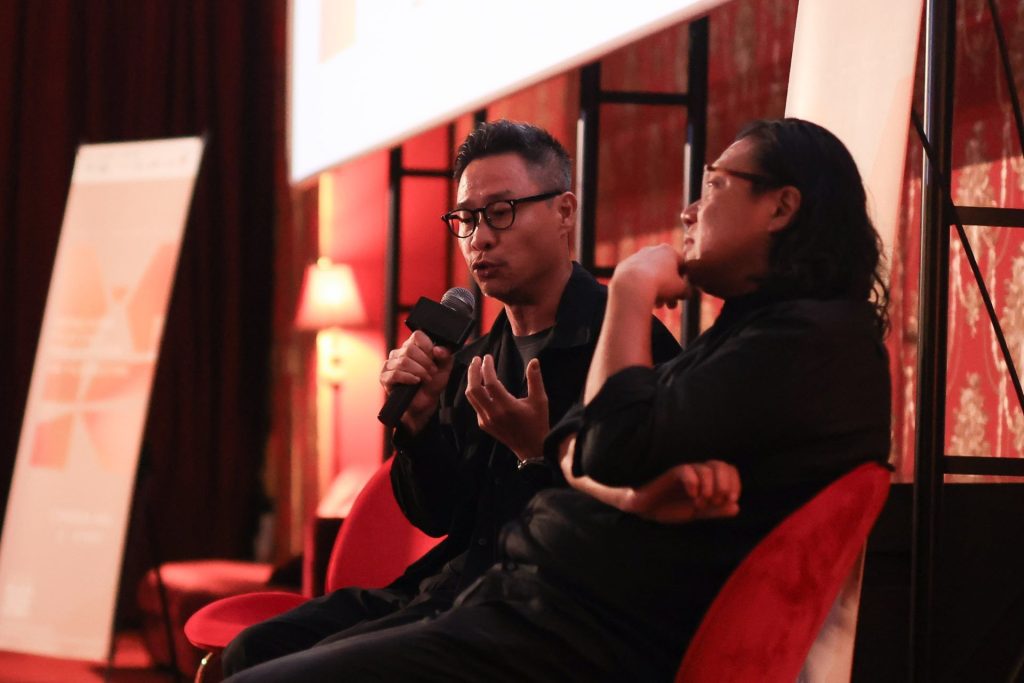

Legacy in Frames: The Evolution of Hong Kong Cinema
Hong Kong film critic Kevin Ma, joined by directors Jonathan Li and Delon Siu, guided the audience through the rich history of Hong Kong cinema. From its golden era of the 80s and 90s to the emergence of a new generation of filmmakers, they traced the transformation of the industry over the decades.
Jonathan shared his early passion for 80s and 90s Hong Kong films and how a chance opportunity as a production assistant launched his career. “Although film production had significantly declined at that time, many prominent directors were still in Hong Kong, giving me the invaluable opportunity to work on major productions and learn from the best,” he reflected. Delon, on the other hand, transitioned from fashion design to filmmaking after being deeply inspired by Fruit Chan. “I was attracted by his films, so I joined his screenwriting workshop and have been learning from him ever since,” he shared.
When asked about what makes Hong Kong cinema stand out, Jonathan pointed to the high efficiency and adaptability of Hong Kong filmmakers, particularly in action cinema, whose techniques have influenced global cinema. Delon added that Hong Kong’s cultural diversity also provides a rich foundation for storytelling. “What’s unique is not just the films, but Hong Kong as a place,” he explained.
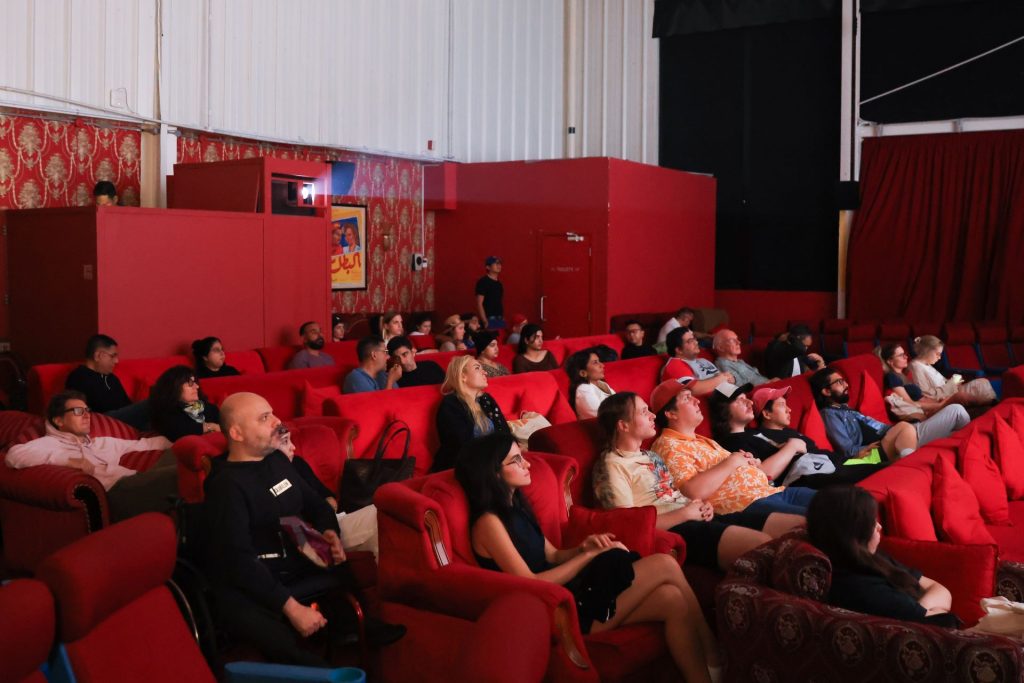
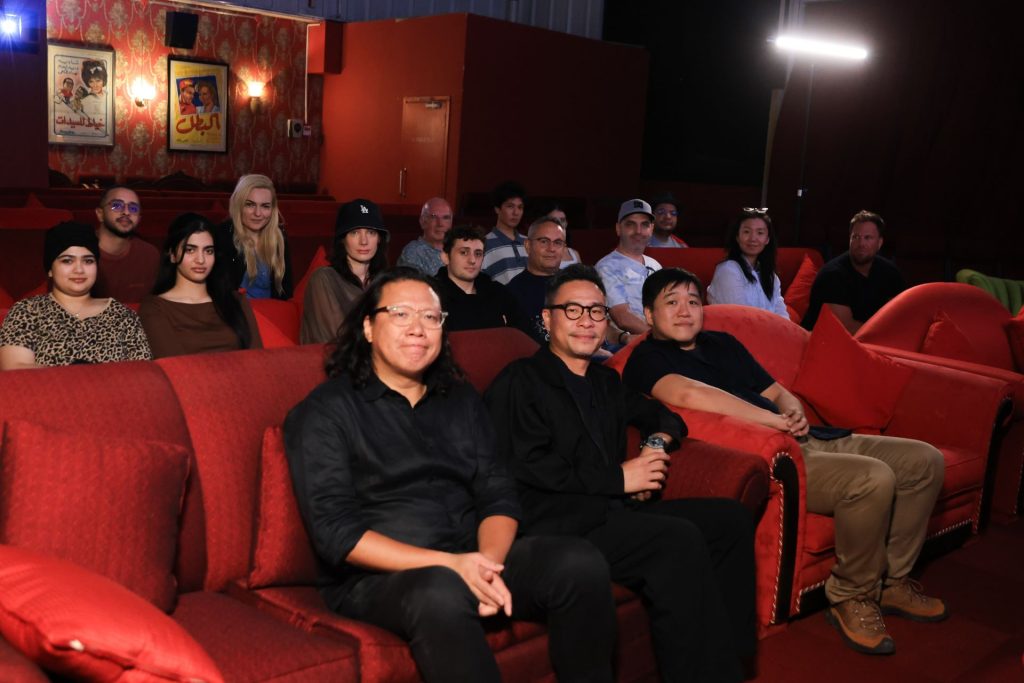
Both Jonathan and Delon expressed great optimism about the potential of the new wave of young directors, who have brought fresh perspectives to the industry. Jonathan mentioned that initiatives like the government’s First Feature Film Initiative and local university film courses equip emerging filmmakers with valuable resources and opportunities. He joked, “I envy their strong theoretical foundations. Back in my day, I had to learn everything bit by bit on set.” Delon praised the creativity in these new works but noted that sustaining creative output would be a challenge moving forward.
Looking ahead, both directors agreed on the importance of preserving Hong Kong cinema’s distinctive identity. “We need to document Hong Kong stories through film,” Jonathan urged. Delon added, “Filmmakers must stay true to their own voices and artistic styles to ensure Hong Kong cinema continues to shine on the global stage.”
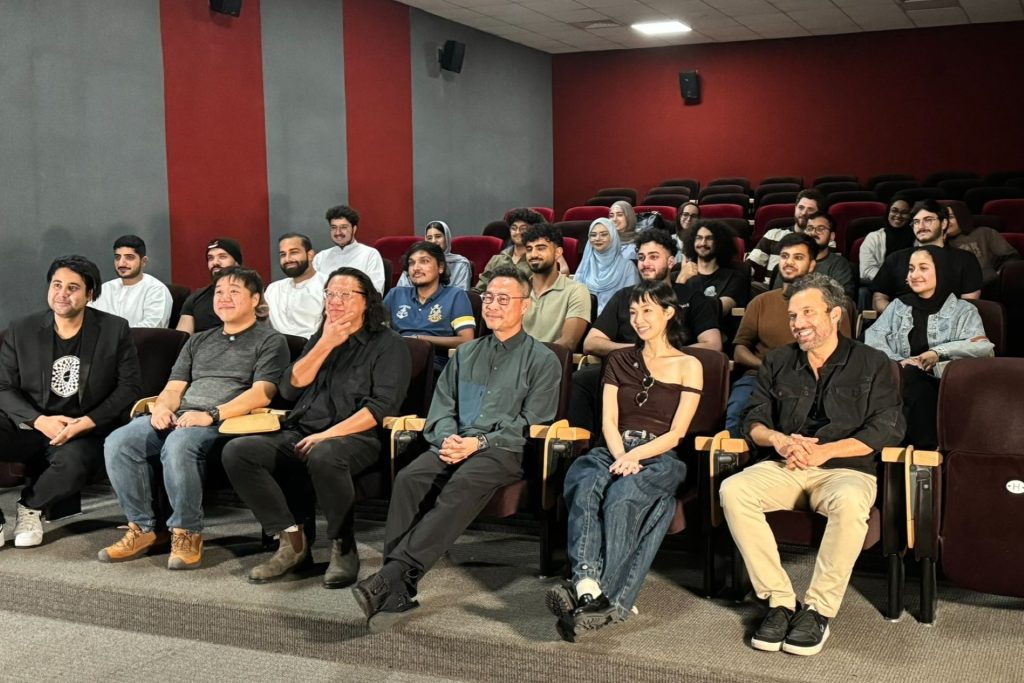

New Horizons: The Future of Storytelling in Hong Kong Cinema
Meeting with a crowd of aspiring filmmakers who were eager to learn from industry professionals at the American University of Sharjah, directors Jonathan Li and Delon Siu, actress Gladys Li, and film critic Kevin Ma shared their insights and experiences on filmmaking careers, providing students with inspiration and practical advice.
Both “Dust to Dust” and “True Love, For Once in My Life” are based on true events, yet their directors, Jonathan Li and Delon Siu, took entirely different approaches to storytelling. For Delon, whose film focuses on the nuances of everyday life over dramatic romance, the challenge was making this ordinary story meaningful and engaging for the audience. He shared that, with limited creative flexibility, he had to work closely with the producer to identify the film’s core meaning in order to bring it to life.
Jonathan explained that, as “Dust to Dust” is based on a true story set in mainland China with limited available information, he had more creative freedom to focus on the characters’ emotional complexities. “The creative process wasn’t without its challenges,” he admitted, “but I approached it with the mindset that this might be the last film I ever make, pouring everything I had into it.”
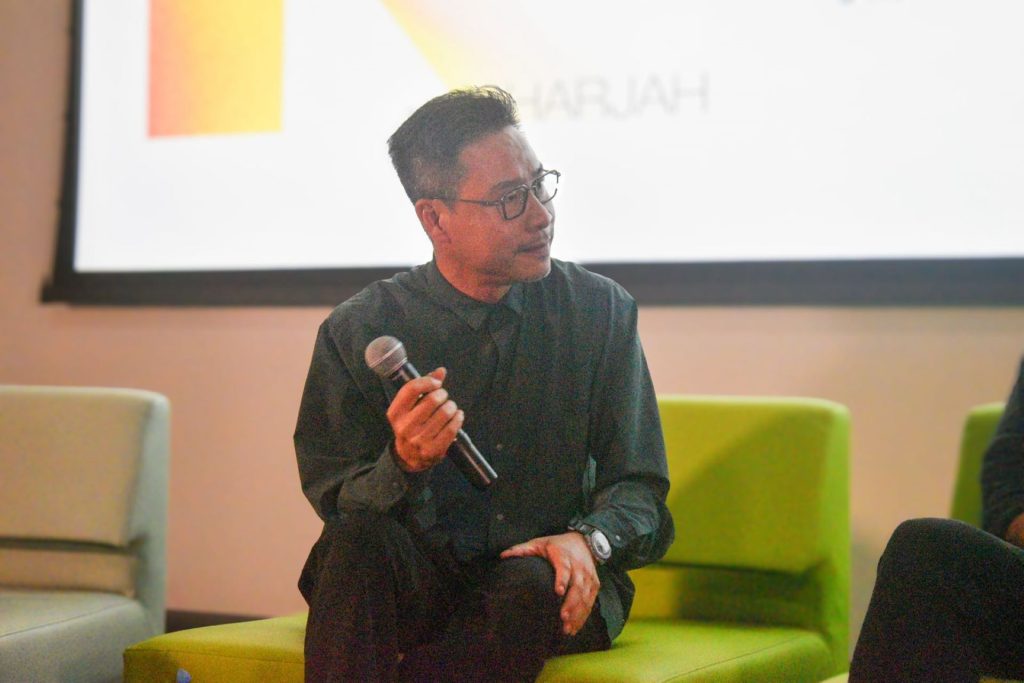
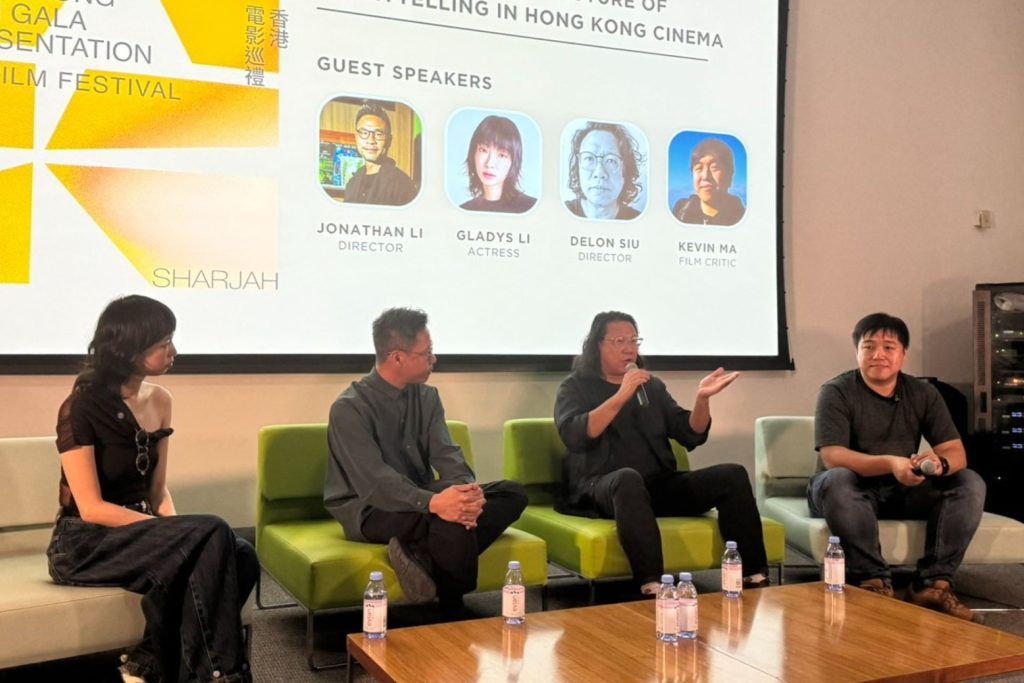
When discussing the impact of technology on filmmaking, both directors agreed that while technological advancements have opened up new possibilities, each shot feels less precious compared to the days of shooting with celluloid film. Delon encouraged filmmakers to have a clear vision of the stories they want to tell, prioritise content over technology, and always remember why they started.
Jonathan also reckoned that technology serves only as a supportive tool and can never replace the creativity and vision needed to craft a compelling story. He emphasised, “Inspiration is rooted in life’s experiences, which eventually will fuel the creative process.” Encouraging students to embrace their creativity, he added, “Where there are people, there are stories. All it takes is picking up a pen and jotting down your thoughts—that’s where it all begins.”
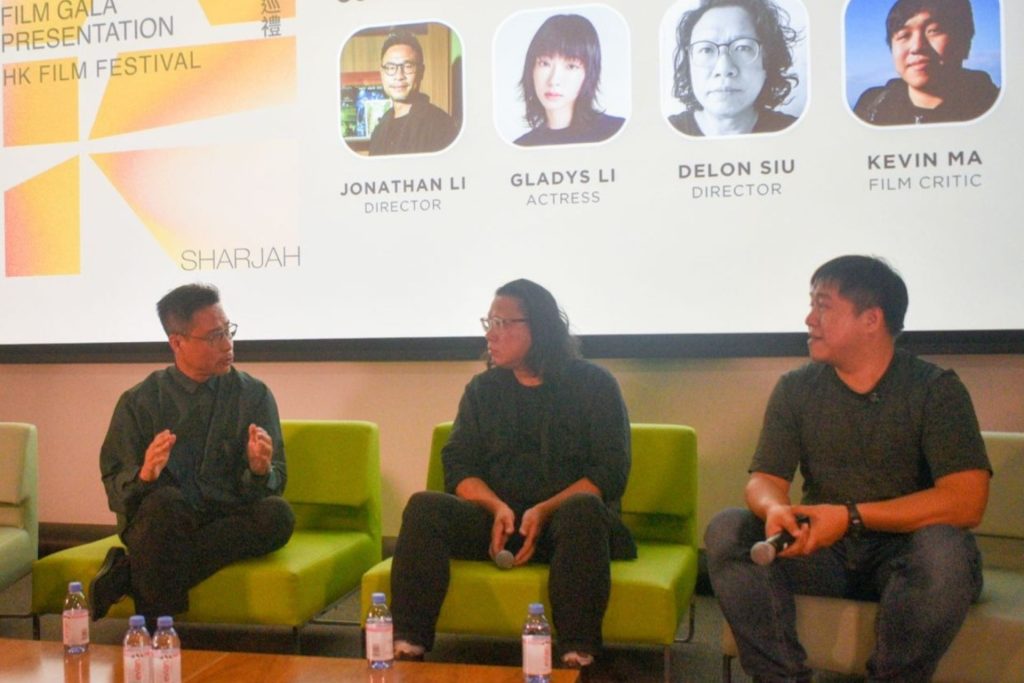
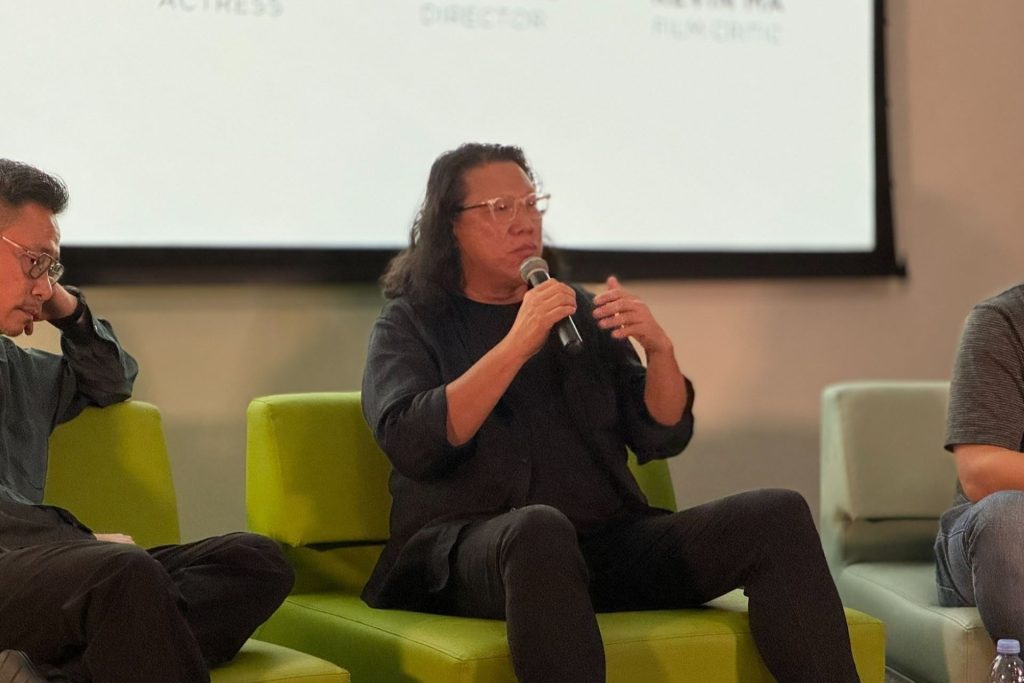
Gladys also shared her approach to character development with students: “I write diaries from the character’s perspective, imagining their daily routines to gain a deeper understanding of their emotions and mindset.” She also analyses the script before filming, focusing on dialogue and scene design to explore the character’s background and relationships. Additionally, Gladys encouraged students to embrace failure, viewing challenges as opportunities for growth rather than setbacks.
Towards the end of the forum, Kevin shared his perspective on film analysis. When asked about his preferred genres for film critics, he explained that he doesn’t confine himself to specific categories. “I like to critique films that I’m knowledgeable about. Once I’ve done my research, I feel comfortable offering my critique—that’s the kind of film I prefer,” he said. He also encouraged students to keep learning and broadening their horizons.
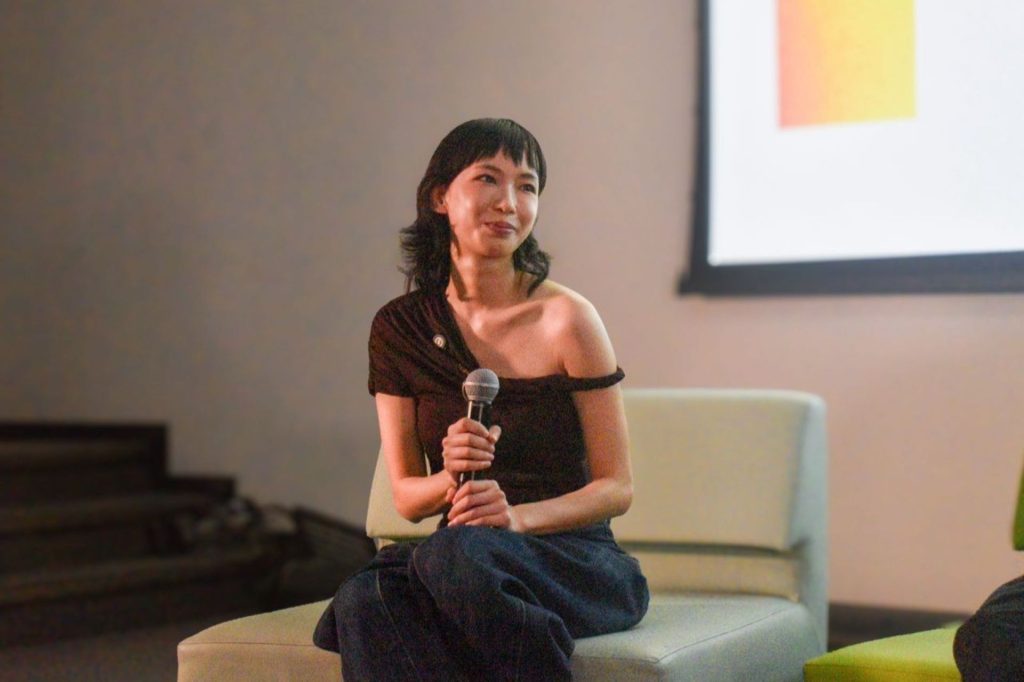
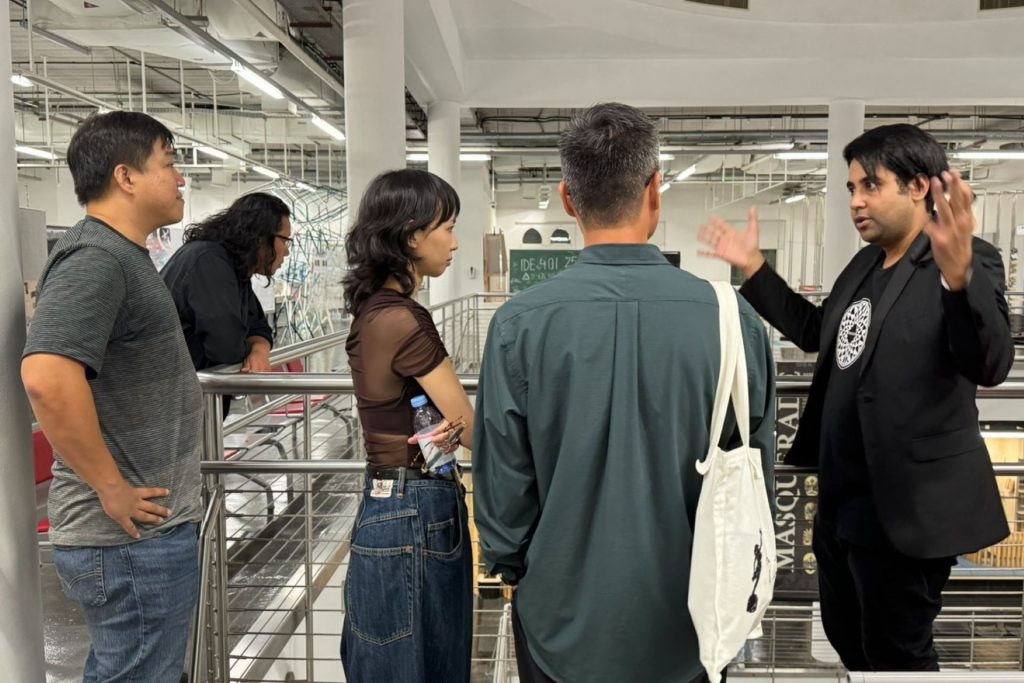
The “Hong Kong Film Gala Presentation” in Dubai was organised by the Asian Film Awards Academy (AFAA), in collaboration with Cinema Akil, and supported by the Hong Kong Film Development Fund and the Hong Kong Economic and Trade Office (HKETO) in Dubai. The event featured screenings of eight Hong Kong films, along with three post-screening Q&A sessions and two seminars, offering Dubai audiences a dynamic and immersive introduction to Hong Kong’s cinematic landscape.
Please contact us if any questions,
Email: info@afa-academy.com
Tel: +852 3195 0609
Website: www.afa-academy.com
